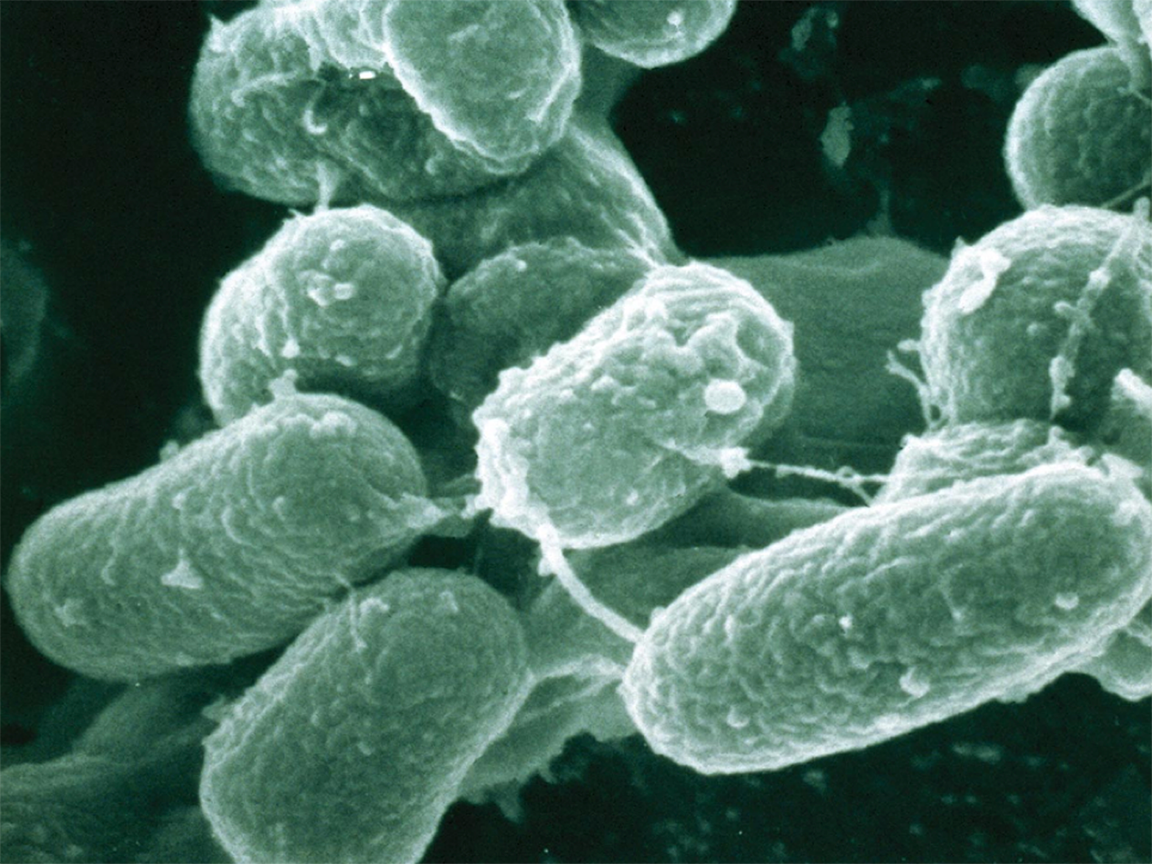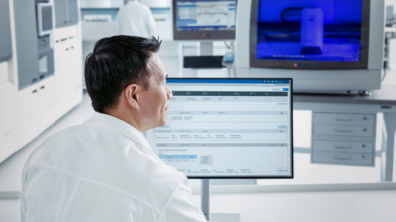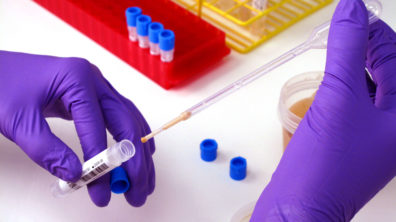
BD MAX™ System Tuberculosis - September 28, 2023
The study that supported the WHO endorsement of the BD MAX™ MDR-TB Assay
You may already be aware that the BD MAX™ Multidrug-Resistant Tuberculosis (MDR-TB) Assay has been included in the moderate complexity automated nucleic acid amplification test (NAAT) class of molecular diagnostic technologies recognised by the World Health Organization (WHO) for high diagnostic accuracy for tuberculosis testing.
In fact, this endorsement came following a study published in 2021 from de Vos et al. looking to compare four automated, centralised assays, including the BD MAX™ MDR-TB Assay, for the detection of TB and MDR-TB against the then-existing WHO-recommended assays.
de Vos et al. devised a study that would generate comparative data for these four assays to help address MDR-TB and the need for rapid, accurate drug susceptibility testing.
Learn more about the WHO endorsement: WHO includes BD MAX™ Molecular MDR-TB Test in TB Guidelines
Comparing MDR-TB assays: Study overview
At the time of the study, only four molecular assays had been endorsed by the WHO for the detection of drug resistance in TB. However, some of these assays come with restrictions:
- Hain GenoType MTBDRplus: Not recommended for use on smear-negative specimens (unless tested from cultured isolate) and has a cumbersome workflow with a high level of infrastructure
- Cepheid Xpert® MTB/RIF and Xpert® MTB/RIF Ultra: Do not include the detection of isoniazid (INH) resistances
Since these assays were endorsed, new assays had been developed that showed promising potential in the detection of Mycobacterium tuberculosis complex (MTBC) and resistance to rifampicin (RIF) and INH.
This led de Vos et al. to assess the analytical sensitivity for detection of MTBC as well as the accuracy of RIF and INH resistance detection of four new automated TB assays with intended use in centralised (reference or tertiary) laboratories:
- BD MAX™ MDR-TB
- Abbott RealTime MTB and MTB RIF/INH
- Hain Lifescience FluoroType® MTBDR
- Roche cobas® MTB and MTB-RIF/INH
Each of these new assays have their own differences, targeting different sites in the MTBC genomes, employ different methodologies for DNA extraction and differ in workflow and throughput.
The results of these four assays were then compared to two of the WHO-endorsed comparators at the time:
- Cepheid Xpert® MTB/RIF for TB
- Hain GenoType MTBDRplus for resistance
Learn more about how the BD MAX MDR-TB assay compares to other tests: Comparing NAATs for the detection of MDR-TB
Key findings on the drug-resistant TB assays
As the first to comparatively evaluate the analytical sensitivity of four centralised laboratory assays using WHO-endorsed comparators, de Vos et al. highlighted a few key findings in their report:
- The accuracy of these centralised assays in the detection of RIF and INH resistance was comparable to the Hain GenoType MTBDRplus
- The analytical sensitivity of all assays for detecting TB was similar to that of Cepheid Xpert® MTB/RIF
Following the review of these findings by the Technical Expert Consultation convened by the WHO, they chose to support the recommendation for the use of these assays for operational research purposes.
Read the full study from de Vos et al.
References
- de Vos M et al. Comparative analytical evaluation of four centralized platforms for the detection of Mycobacterium tuberculosis complex and resistance to rifampicin and isoniazid.
J Clin Microbiol. 2021 Feb 18;59(3):e02168-20. https://doi.org/10.1128/JCM.02168-20.
All information in this article is taken from the above reference.













